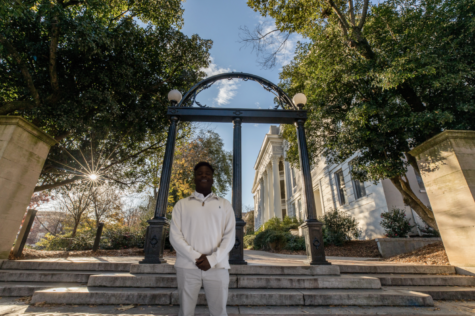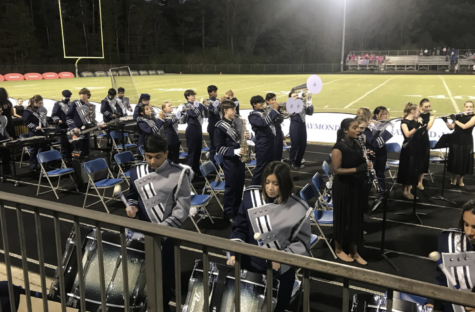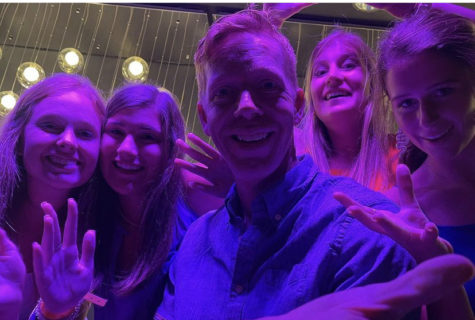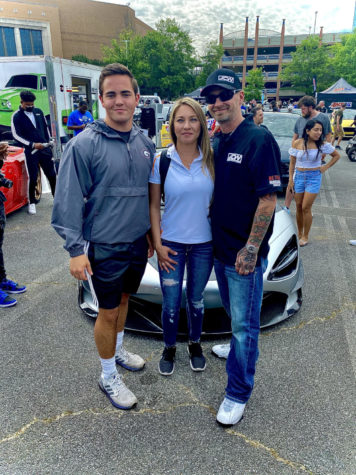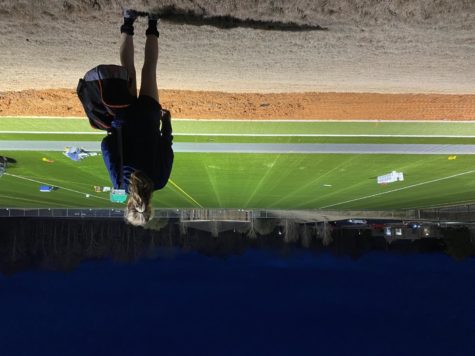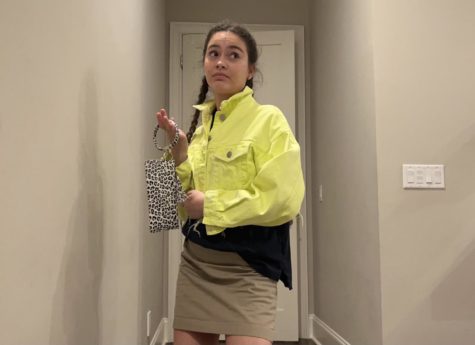Shoot for your goals
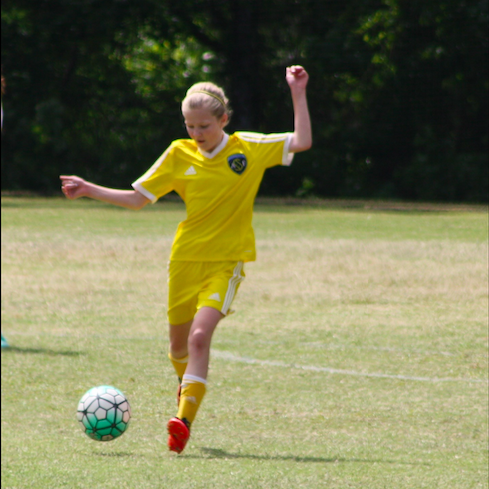
Soccer has been a part of my life ever since I could remember. When I was 4 years old, I began trying a lot of different sports. Whether it came to tennis lessons, playing golf, or hitting in softball, soccer was the only sport I stuck with.
At first, soccer was all kicks and goals. My teammates fought over who got the ball first while some stood in the middle of the field, unaware of what was going on around them. For me, I remember going after the ball most of the time, kicking it whenever I had a chance. Soccer was easy, considering the ball would roll into the goal with one kick.
Over time, soccer turned into a sport rather than a game. I realized this after beginning to play for the Macon Soccer travel team when I was 9 years old. Becoming good at a sport requires work and commitment, which I never truly learned until I had Hollis Springer, who became my coach in fourth grade.
“Soccer turned into a sport rather than a game.
— Ashley Parel
Coach Hollis was unlike any other coach I had before. Hollis Springer moved here from the Republic of Guyana, a country in South America, where he learned how to play soccer. He moved into America 17 years ago and then became a soccer coach for boys and girls in Macon after playing in adult soccer leagues in New York.
One thing that made Coach Hollis different than my other coaches was his accent. He pronounced some English words differently and I could always recognize his voice at any time on the soccer field.
Coach Hollis pushed us harder than any previous coach I had ever had. Every practice at the Macon Soccer Club was repetitive: first we would start with our dynamics, where we would stretch, jog, and do leg workouts he called “Knee kicks” and “Duck walks.”
Then we would do dribbling moves, and if he thought we were slacking off he would add more to the drill. Next came passing drills and then agility drills, where we worked on our skills around cones.
After our scrimmage, we would end our practice with “suicides,” where we would run to a point and back, to a farther point and back, and so on.
Practice started at 7 p.m. and lasted for 90 minutes, but he would end the practices closer to nine because of our sprinting drills at the end of practice.
The late practices were not a problem when I was younger, considering I had less schoolwork. When I was in the sixth grade, however, it became more difficult. I often had to finish up a lot of my homework and study after practice.
Once I became more of an advanced player, Coach Hollis began to make me work harder than my other teammates. He made me do extra leg workouts, which at the time I hated because I felt like I was the worst player on the team. I realized he did this to make me a stronger, better player because he believed I was capable of improvement.
Coach Hollis criticized me and my teammates on the field constantly and rarely yelled in excitement. I remember he did not enjoy when our team dominated the other team because sometimes our best stood out in our biggest failures. Sometimes, however, he would joyously yell when my teammates and I made a good play.
Despite his criticism, Coach Hollis always cared for us when we were hurt. I remember when I had fractured my wrist during a soccer game, he was the first to help me on the field. He was never unprepared whenever any of us were hurt, always carrying bandages and other first aid supplies to help our injuries.
Coach Hollis never cancelled a practice even if there was weather conflicts. I remember once Coach Hollis still made us stay on the field when it was pouring down rain and trees were being struck by lightning.
Although Coach Hollis was a very tough coach, he taught me how to become more of a team player in soccer. The intense practices were hard for me then, but it prepared me for Stratford soccer and its challenges and how to manage my time better. His constant criticism on the field taught me to be stronger mentally and to become a better player.
Most importantly, Coach Hollis taught me to believe in my capabilities. He taught me that failure can turn into success, and that if failure occurs to try again. I want to thank him for teaching me that in order to succeed in life, I need to be willing to work my hardest in return for what I want to achieve.
After all, life’s not all kicks and goals.
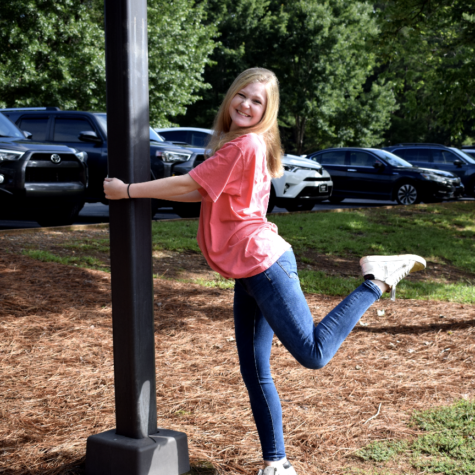
NAME: Ashley Parel
GRADE: 12
SCHOOL ACTIVITIES: Varsity Football and Basketball cheer, Lacrosse, Key Club, Pep Club, Beta Club
FAVORITE SUBJECT:...




